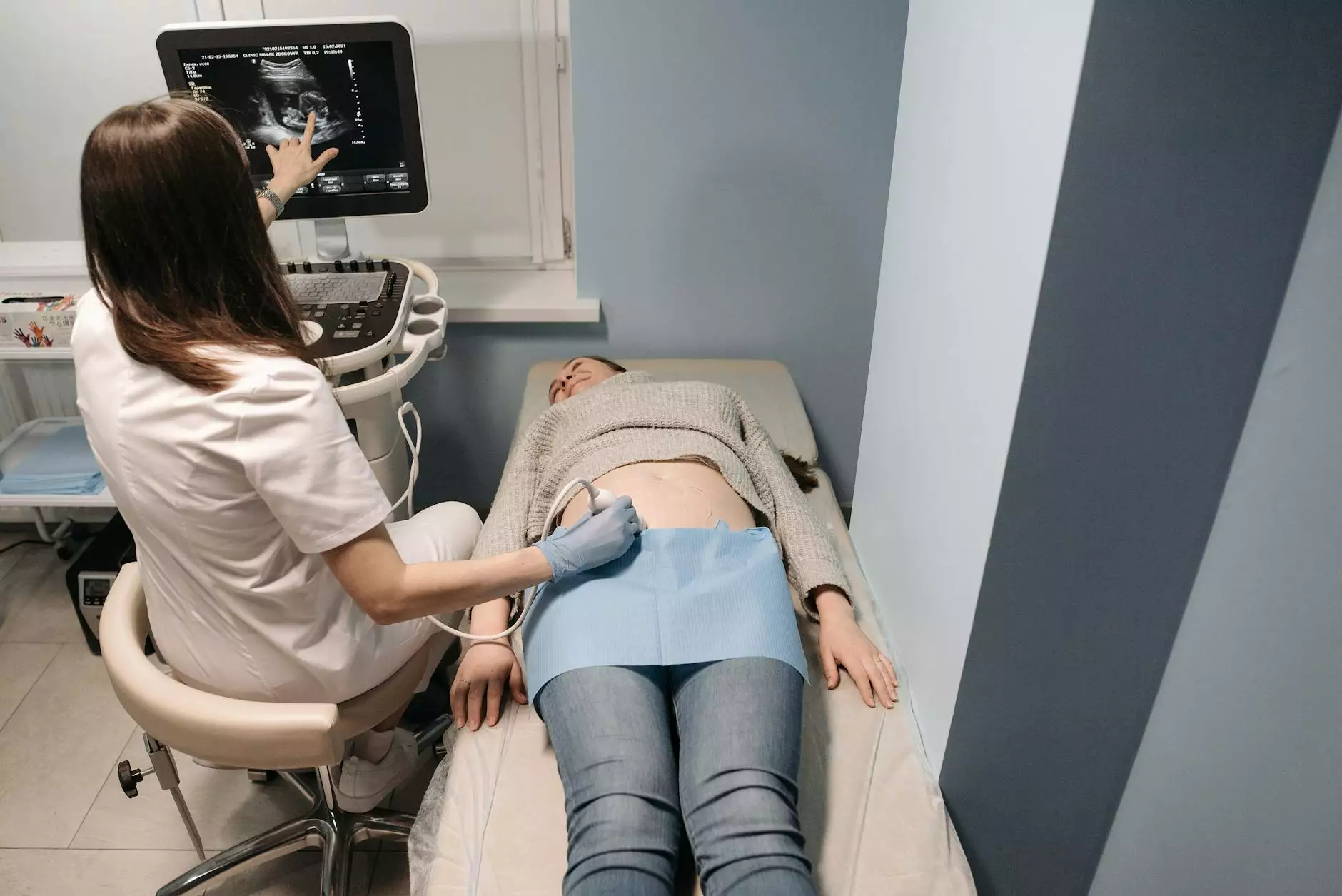Everything You Need to Know About Lung Cancer CT Scans

Lung cancer remains one of the most prevalent and deadly forms of cancer across the globe. As medical technology advances, the ability to detect this disease early through various diagnostic tools becomes increasingly important. Among these tools, the lung cancer CT scan plays a pivotal role.
What is a Lung Cancer CT Scan?
A lung cancer CT scan, or computed tomography scan, is a non-invasive imaging technique that allows physicians to visualize the lungs in a detailed manner. Unlike regular X-rays, a CT scan provides cross-sectional images of the lungs, enabling healthcare professionals to pinpoint abnormalities that may indicate the presence of cancer.
Why Are Lung Cancer CT Scans Important?
The importance of lung cancer CT scans cannot be overstated. They serve multiple crucial functions in the diagnosis and treatment of lung cancer:
- Early Detection: CT scans can identify lung cancer at an earlier stage than standard X-rays, dramatically improving treatment outcomes.
- Monitoring Progress: Patients undergoing treatment for lung cancer can benefit from regular CT scans to monitor the effectiveness of their therapies.
- Guiding Treatment Decisions: The detailed imagery provided by CT scans helps physicians devise personalized treatment plans based on the specific characteristics of the tumor.
- Efficacy in Screening: Low-dose CT scanning is an effective screening tool for individuals at high risk of lung cancer, such as long-term smokers.
How Lung Cancer CT Scans Work
The procedure for a lung cancer CT scan is relatively straightforward and involves several key steps:
- Preparation: Patients may be asked to avoid certain medications or foods prior to the scan. It's essential to inform the healthcare provider of any allergies, especially to contrast materials.
- During the Procedure: The patient lies on a table that slides into the CT scanner. During the scan, they may be asked to hold their breath at different intervals to obtain clear images.
- Post-Procedure: There is generally no downtime required after a CT scan. Patients can resume normal activities immediately unless advised otherwise by their physician.
Benefits of Lung Cancer CT Scans
Increased accuracy and reliability are two primary benefits of lung cancer CT scans:
1. High Sensitivity
CT scans are highly sensitive and can detect smaller lesions that might be missed in traditional imaging methods. This allows for prompt intervention.
2. Comprehensive Imaging
The ability to view the lungs in 360 degrees provides a comprehensive picture that helps in understanding the extent of disease spread.
3. Risk Stratification
CT scans allow healthcare providers to stratify risk and recommend follow-up tests or treatments accordingly. This means that patients receive care tailored precisely to their situation.
Risks and Considerations
While lung cancer CT scans are safe and effective, there are some considerations to keep in mind:
- Radiation Exposure: CT scans expose patients to higher doses of radiation compared to standard X-rays, though special low-dose CT scans exist specifically for screening purposes.
- False Positives: While CT scans are highly reliable, there is still a possibility for false positives which can lead to unnecessary stress or invasive procedures.
Preparing for Your Lung Cancer CT Scan
Here are some essential tips to prepare for your lung cancer CT scan:
- Wear loose-fitting clothes without metal components, as metal can interfere with imaging.
- If you are claustrophobic, discuss this with your healthcare team beforehand; they may provide strategies or medications to ease anxiety.
- Follow any instructions regarding medication or food intake prior to the scan.
What Happens After a Lung Cancer CT Scan?
After the scan, the images will be analyzed by a radiologist. The results are typically shared with the patient’s primary healthcare provider, who will discuss findings and any necessary next steps.
The Role of Lung Cancer CT Scans at Hello Physio
At Hello Physio, part of our commitment in the Health & Medical, Sports Medicine, and Physical Therapy categories involves comprehensive patient care, including effective cancer screening and diagnostic services. Our team is equipped with the latest technology and expertise to provide lung cancer CT scans that align with the highest standards of medical care.
Conclusion
In summary, the lung cancer CT scan is a critical component in the fight against lung cancer. With its ability to detect cancer early and guide treatment decisions, it significantly enhances the chances of successful patient outcomes. Health professionals at Hello Physio are dedicated to leveraging such advanced screening techniques to ensure our patients receive the best possible care aimed at healthier lives.
For more information or to schedule a CT scan, contact Hello Physio today!









